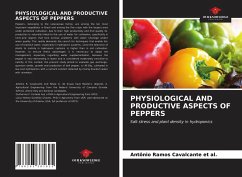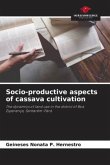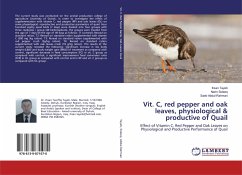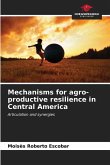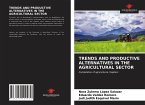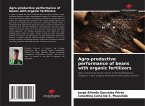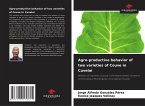Peppers, belonging to the solanaceae family, are among the ten most important vegetables in Brazil and among the five crops with the largest area under protected cultivation, due to their high productivity and fruit quality. Its production is naturally linked to the use of water for cultivation, specifically in semi-arid regions that face serious problems with water shortage and/or water quality. This reality demands the search for techniques that enable the use of brackish water, especially in hydroponic systems, since the tolerance of plants to salinity in hydroponic systems is higher than in soil cultivation. However, to ensure these advantages it is necessary to adapt the management, especially regarding water supplementation, because the pepper is very demanding in water and is considered moderately sensitive to salinity. In this context, the present study aimed to evaluate gas exchange, quantum yields, growth and production of bell pepper, cv All Big, cultivated in low-cost hydroponics with a nutrient solution obtained by mixing brackish water with rainwater.
Hinweis: Dieser Artikel kann nur an eine deutsche Lieferadresse ausgeliefert werden.
Hinweis: Dieser Artikel kann nur an eine deutsche Lieferadresse ausgeliefert werden.

